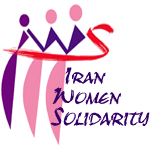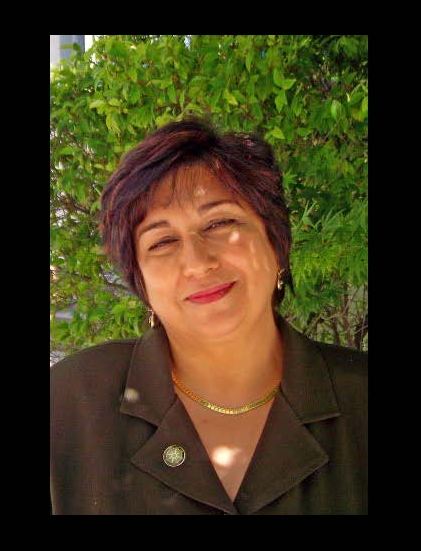Azar Nafisi (Amy Sussman)
I read the names, I look at the images, I read the so-called confessions of the victims of the Islamic regime who have vanished into prison. A long list of names, from different sectors, beliefs and affiliations: normal citizens gathered under one roof, strange fellow travellers who had never dreamt of being accused of the same crimes under any other circumstances. Some names are familiar because I know them, others because of what they have written, the courage of their words.
There are those whom I challenged because of their political views; then the strangers who because of this terrible fate have become intimate to me and millions all over the world.
Those who have not confessed are silenced. We will not hear their defence, and those who have been forced into confession through torture seem absent despite their physical presence. They speak in the same tone, admit the same guilt and meekly ask forgiveness — the 19-year-old Jewish boy, the 41-year-old documentary-maker, the 24-year-old French scholar, the former vice-president, all drained of individuality, mechanically repeat the same tale, reflecting the words of their prosecutors. The real culprit, of course, is the totalitarian mind-set that deprived them of their essential humanity by denying them their individual voices.
Witnessing last summer’s show trials in Iran reminded me of the start of the revolution, for such events have never been aberrations or accidents in the history of the Islamic Republic but stones on which its foundations were built. Among the nightmares I carry with me are media images of the public trials at the start of the Islamic Republic. The battered, desperate faces of former Pahlavi officials, the militant opposition groups, my own relatives and friends, former student activists, those among the religious hierarchy who did not support Ayatollah Khomeini, and even his supporters.
From the start these disfigured faces, with blank expressions caused by some intense terror and anguish, represented to me the extreme form of what we called normal life in the Islamic Republic. Watching the show trials turned the seeming security of our peaceful living rooms into a sham. My silence filled me with guilt: I was and always will be guilty for crimes I had not committed but witnessed.
That has been one fixed feature of life in the Islamic Republic: guilt. Since 1979 a group of people had come to rule my country, its traditions and religion, telling us that the way we believed, felt, thought and looked was alien. They justified brutal laws, claiming that this was what Iranians, what Muslims, believed in.
The terms democracy and human rights were considered western entities; women fighting for rights were westernised puppets; writers writing about freedom of expression, young people demanding a free and fruitful life were condemned in the name of Islam and Iran. They eliminated Iran’s 2,500 years of history and confiscated religion itself. Islam became a victim of the totalitarian mind-set that seized it as an ideological weapon to cement its rule — now not just Zoroastrians, Christians, Jews, Baha’is or the atheists and secular Muslims, but Muslims from different denominations were denounced and destroyed. In essence, the Islamic Republic became one giant show trial in which the political opponents and the citizens of the country were reduced to figments of the regime’s imagination; any expression of individuality became a sign of treason.
While the recent trials represent the extent of the Islamic regime’s violence, they also imply a larger truth: the range and number of the accused. The magnitude of opposition to the regime is the main source of its fear: not a minority or a handful of alien agents but the whole of Iran’s civil society, male and female, young and old, Muslim and secular, opponents of the regime and its former officials — all are defined by the same terms and tried in the same trials. It is not so much they who are on trial as the very fundaments of the regime.
I watch the drained, wilted faces of the “accused” fade into the vibrant and defiant images of the protestors who continue to challenge the regime. These events, and the brutal violence revealed on Twitter and Facebook and in the media, have made the regime finally admit its totalitarian nature. As in Stalin’s show trials, which these trials bring to mind, the implications are wider than the events themselves. Each time the protest in Iran has been violently suppressed, it has gained momentum the next time round, creating greater divisions and discord within the regime itself.
The Iranian people have shown the regime and the world their desire for a dignified life, one that can only be fulfilled in an open and pluralistic society. Force and violence cannot crush the desire of a people to live freely and with dignity.
The innocence of the victims of recent show trials rests on that fact; neither torture nor fabrications and forced confessions can change that fact, or the hope in the future of a struggle for which so many innocent Iranians have already sacrificed so much.
Azar Nafisi is the author of Things I’ve Been Silent About (Heinemann) and Reading Lolita in Tehran (Harper Perennial)

